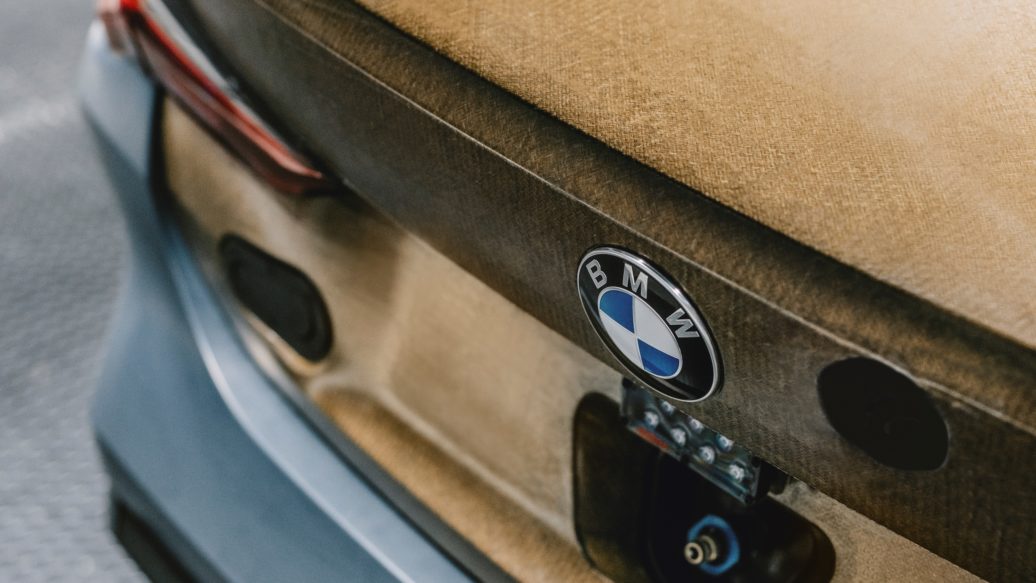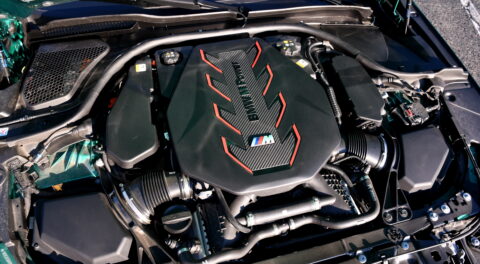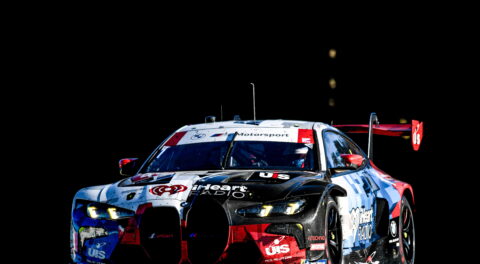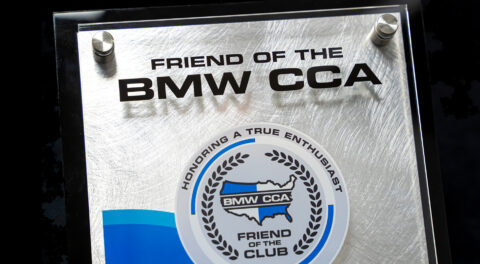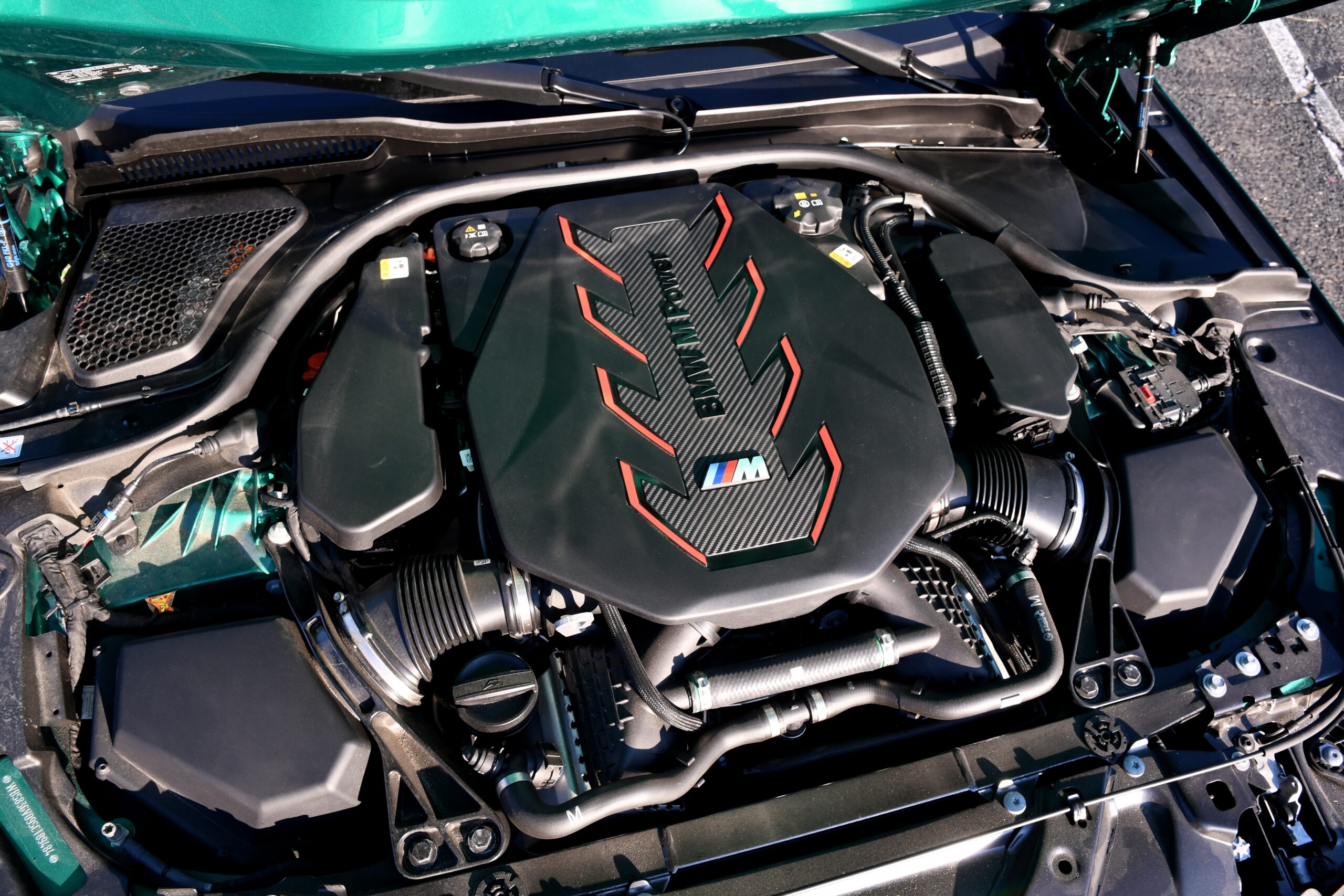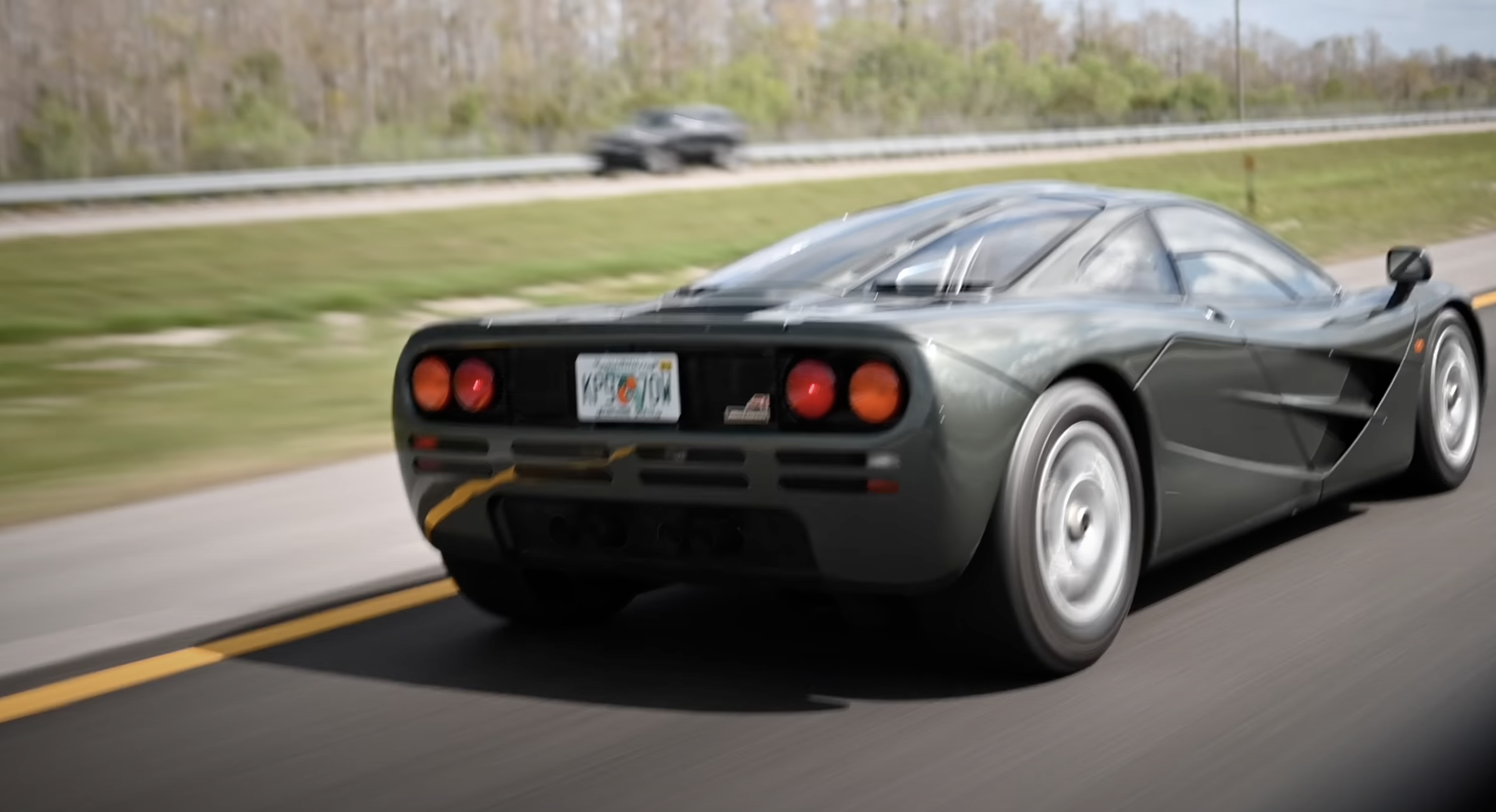Future BMW vehicles, including M models, race cars, conventional series production vehicles, and M Performance parts, may be (at least partially) made of materials constructed from plant-based fibers before long. In another strategic move to prepare the company to build the cars of tomorrow, BMW i Ventures, the venture capital arm of the BMW Group, recently invested in Bcomp, a Swiss company described as a leading manufacturer of high-performance composites made from natural fibers.
In addition to investing in Bcomp, a development collaboration between the company and BMW Group Research has been initiated, with the intent of using a greater proportion of renewable raw materials for components in future vehicle models. Moreover, and perhaps most interestingly, Bcomp is also now an official technical partner with BMW M Motorsport with regard to the upcoming M4 GT4 race car.
Bcomp and BMW have worked together before. For the 2020 Formula E season, the BMW iFE.20 race car ran a flax cooling shaft made by the company, making it the first BMW race car with a component made using renewable plant fibers. Other reinforcement solutions by Bcomp including powerRibs and ampliTex have also been used in DTM touring cars by BMW Motorsport. The two solutions are used in place of carbon-fiber reinforced plastic, where they act as a lightweight and sustainable substitute. The ongoing collaboration between the two companies illustrates the close link BMW’s various series production models enjoy with their motorsport brethren.
“Product sustainability is increasing in importance in the world of motorsport too,” said Frank van Meel, boss at BMW M GmbH. “So we are delighted to have Bcomp on board as an official BMW M Motorsport partner for the BMW M4 GT4 project.”

Bcomp’s powerRibs reinforcement solution was inspired by the veins found on leaves in nature. Effectively summarized as maximizing stiffness by adding a 3D structure to the side of a thin-walled shell element, powerRibs allow for a decrease in the base material requirement while enabling weight and cost reduction. Other benefits include improved crash properties and high vibration dampening. The company also developed ampliTex reinforcements, which take the form of a visible layer of flax fibers that act as covering material. The benefits of ampliTex also include improved crash properties and high vibration dampening, along with specific bending stiffness and fatigue resistance, radio transparency, and novel design options relating to color and transparency.
According to BMW, combining the two materials allows the automaker to use 70% less plastic for interior paneling, and to decrease carbon emissions by up to 60%. Just like carbon-fiber, the future range of BMW M Performance parts will also include components made using natural fibers. The largest benefits yielded by materials like those developed by Bcomp are of weight savings and carbon emissions reduction. BMW says the use of natural fibers such as hemp, kenaf, or flax can translate to weight reduction of up to 50% compared with conventional alternatives, and explains that the materials also reduce calculated carbon figures because the plants from they are made absorbed carbon dioxide as they were growing.
“In order to reduce carbon emissions across its entire fleet, the BMW Group isn’t just focusing on the use phase—it is also paying attention to energy-saving processes during manufacture,” explained Florian Preuss, senior vice president of complete vehicle development at BMW. “Innovative material selection and composition are an important step here as we move towards climate neutrality.”
Current technology and concepts are described as being particularly well disposed for use in the area of interior vehicle paneling, and that’s likely where you’ll see materials like those made by Bcomp in BMW production vehicles first.—Alex Tock
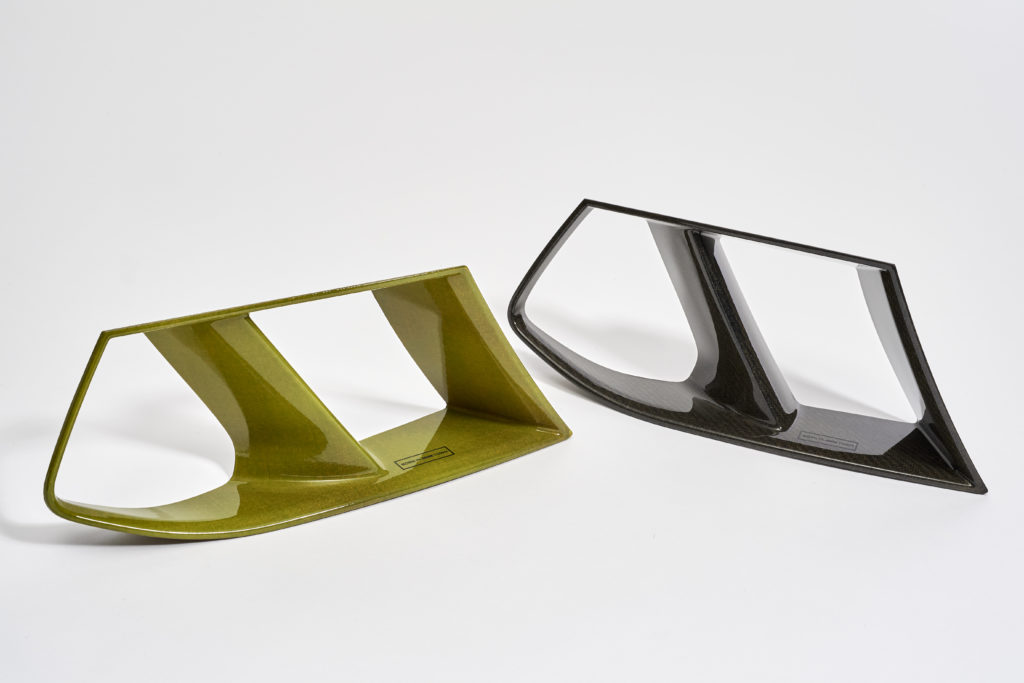
[Photos courtesy BMW AG.]

